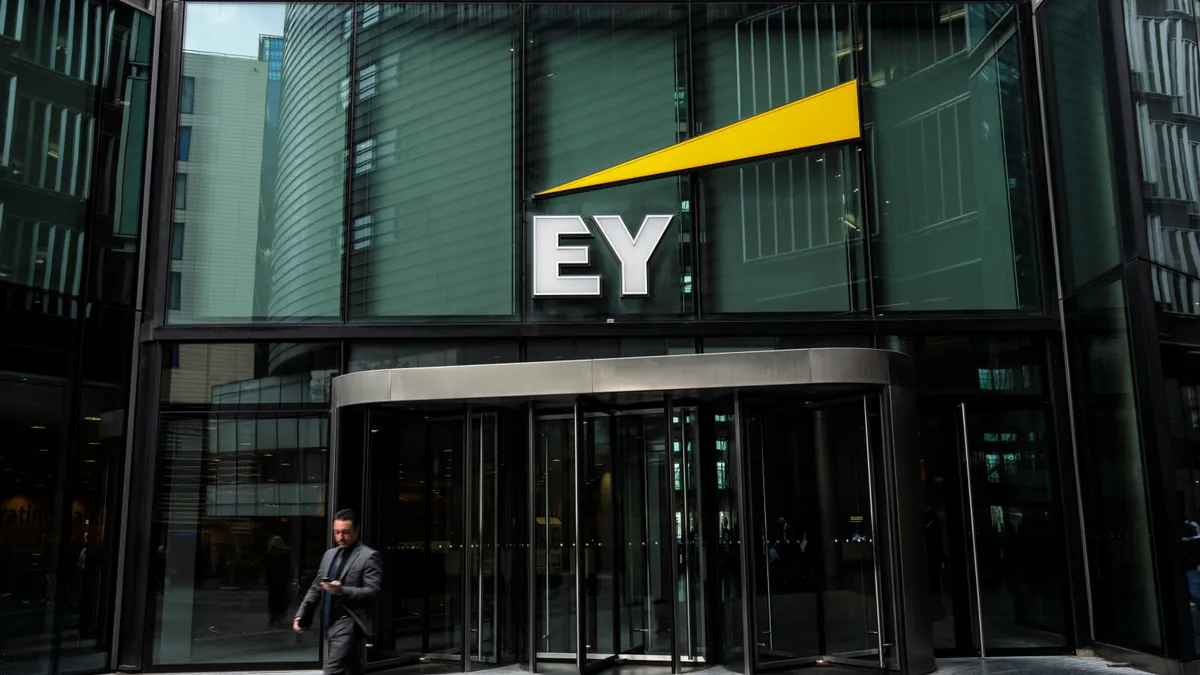Dive Brief:
- EY started building on top of OpenAI’s underlying engine GPT several years ago, but the company remains cautious about how it implements generative AI due to concerns about the technology’s current limitations and potential biases.
- “While remarkable and amazing, we're trying to be very thoughtful as we apply this to our business systems, processes and helping our people be better, faster, more powerful and more efficient at their jobs,” Jeff Wong, EY global chief innovation officer, said. “In order for us to do right by our clients, by our customers, we have to make sure we're careful about this.”
- Some businesses are responding to the public interest in ChatGPT by quickly identifying use cases and implementing OpenAI’s technology to brainstorm questions, enhance search capabilities or generate facts, while other organizations are taking a more cautious approach.
Dive Insight:
Generative AI is still in EY's early experimental phase. The AI team is thinking critically about how to fine-tune data sets for business specific tasks.
With a laundry list of enterprise clients, EY is not rushing its generative AI projects and is instead sticking to its AI frameworks and guidelines.
“We always had our own guidelines for how we thought it should be used, and how we were careful about not undertaking projects, where at the time, we did not feel comfortable that we could eliminate bias and things like that,” Wong said.
AI projects at EY center around concepts where bias could mostly be left out of the equation. The team created an AI-powered document reader and classification engine.
“We're using it not to classify sensitive things like people or backgrounds [but] to classify receipts or tax considerations, so we were being fairly careful about that in our selection,” Wong said.
But some companies are more willing to take on the risk of an imperfect system. Google and Microsoft’s search battle was reignited when Microsoft unveiled its new OpenAI-powered Bing, which featured a chat function mimicking ChatGPT’s famed capabilities.
One million people joined the Bing waitlist in the first 48 hours. As more users began interacting with the chat feature, reports of Bing expressing sorrow, asking for users to apologize or scolding them surfaced.
But Microsoft is not alone. Google’s Bard generated inaccurate information about which satellite took the first pictures outside Earth’s solar system. Google lost $100 billion in market value after the blunder, according to Reuters.
The technology is not perfect, and for tech leaders, ensuring the accuracy and reliability of the information given by a generative AI model is critical for business use cases where decisions are made based on the generated content. For most businesses, there is still a lot of work to be done before these systems are commonplace.















